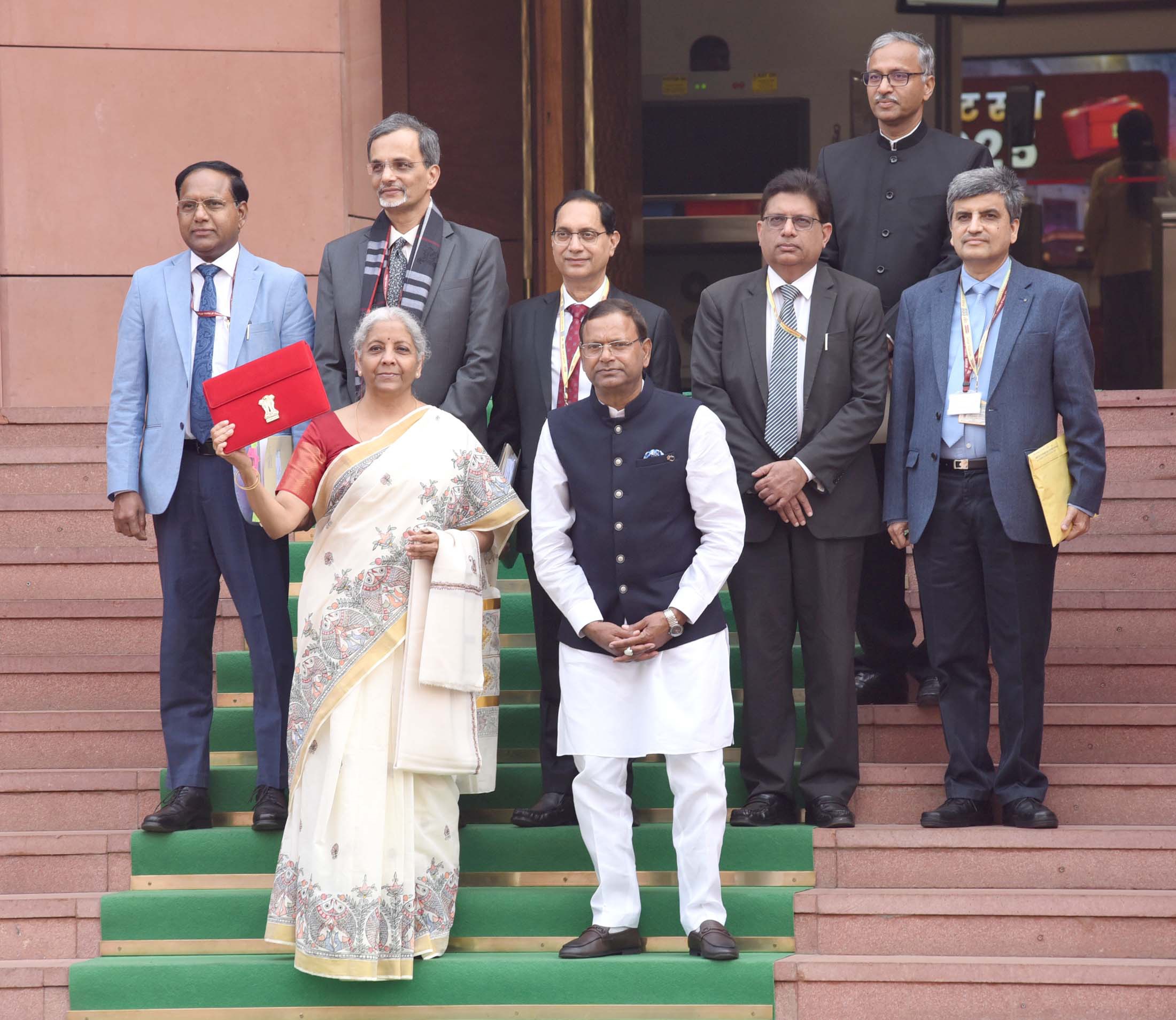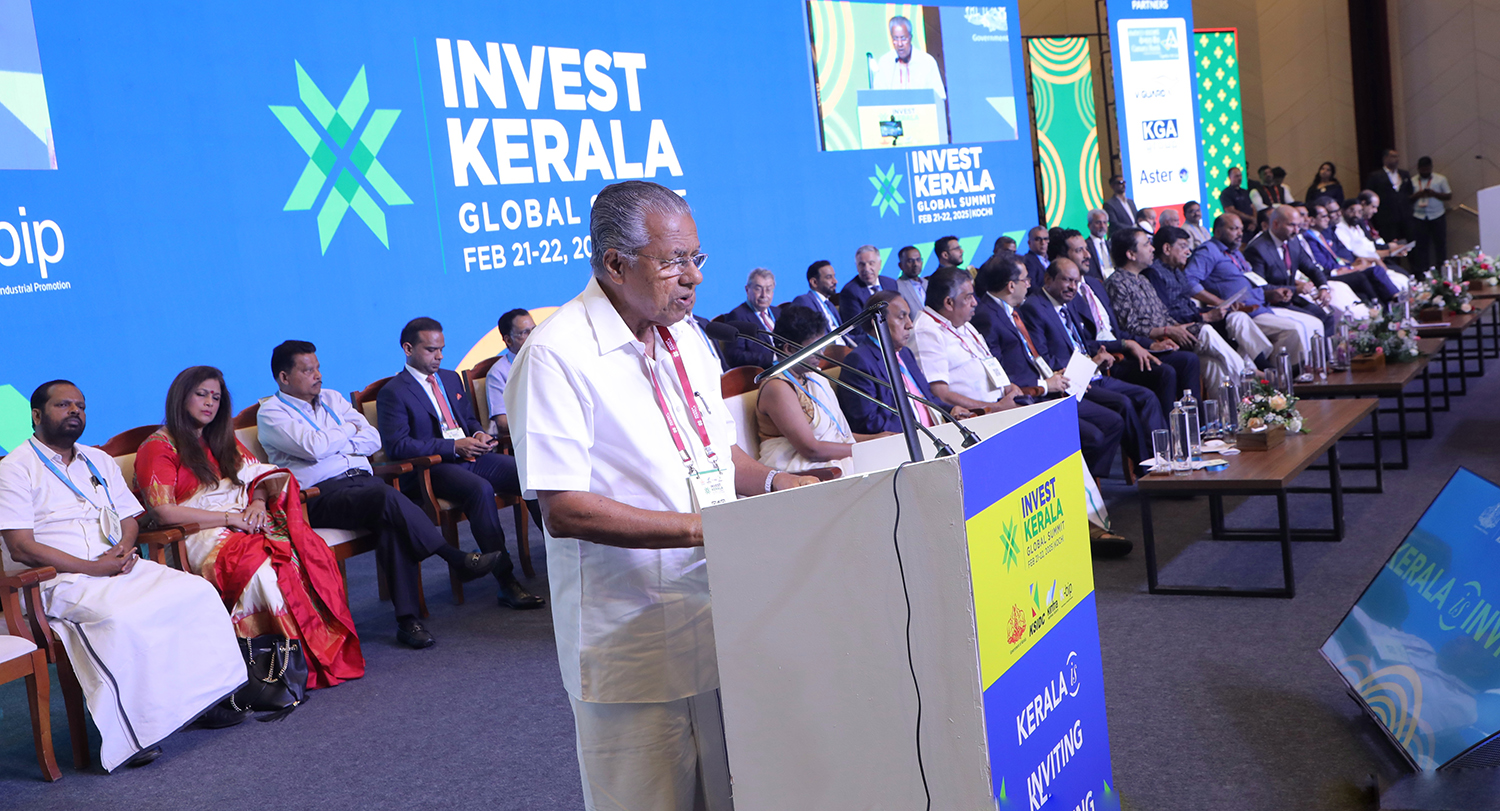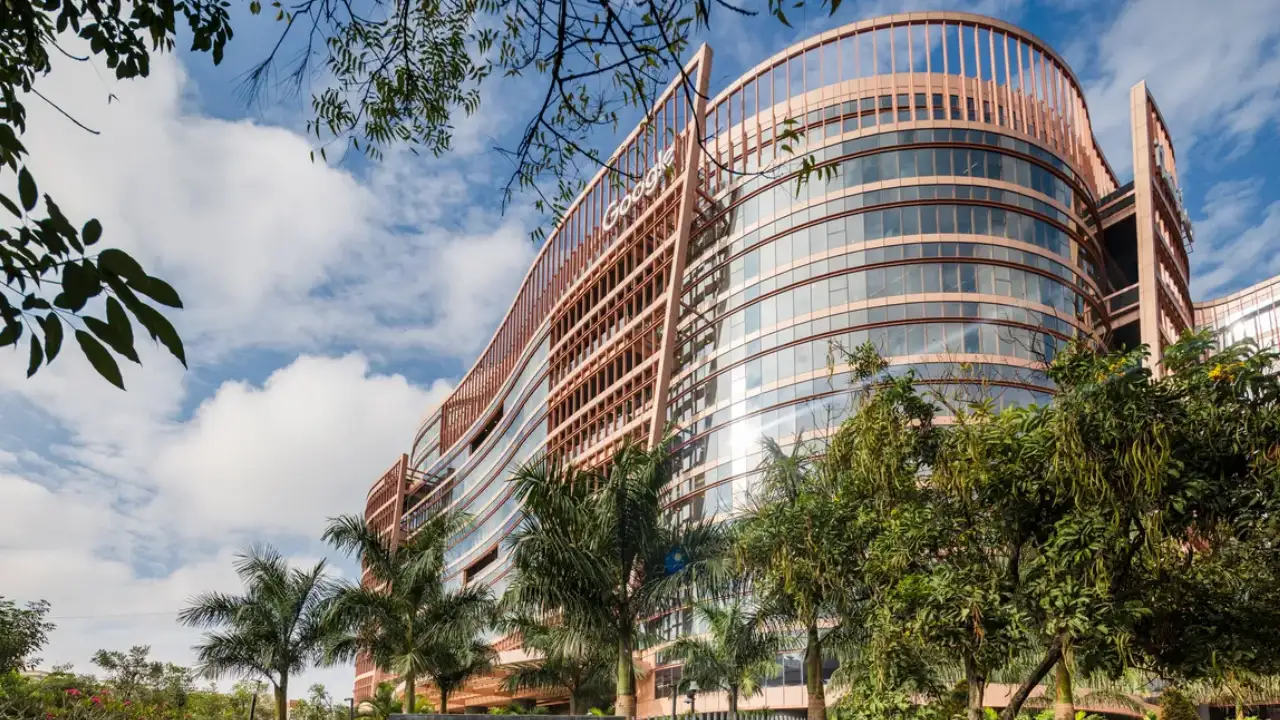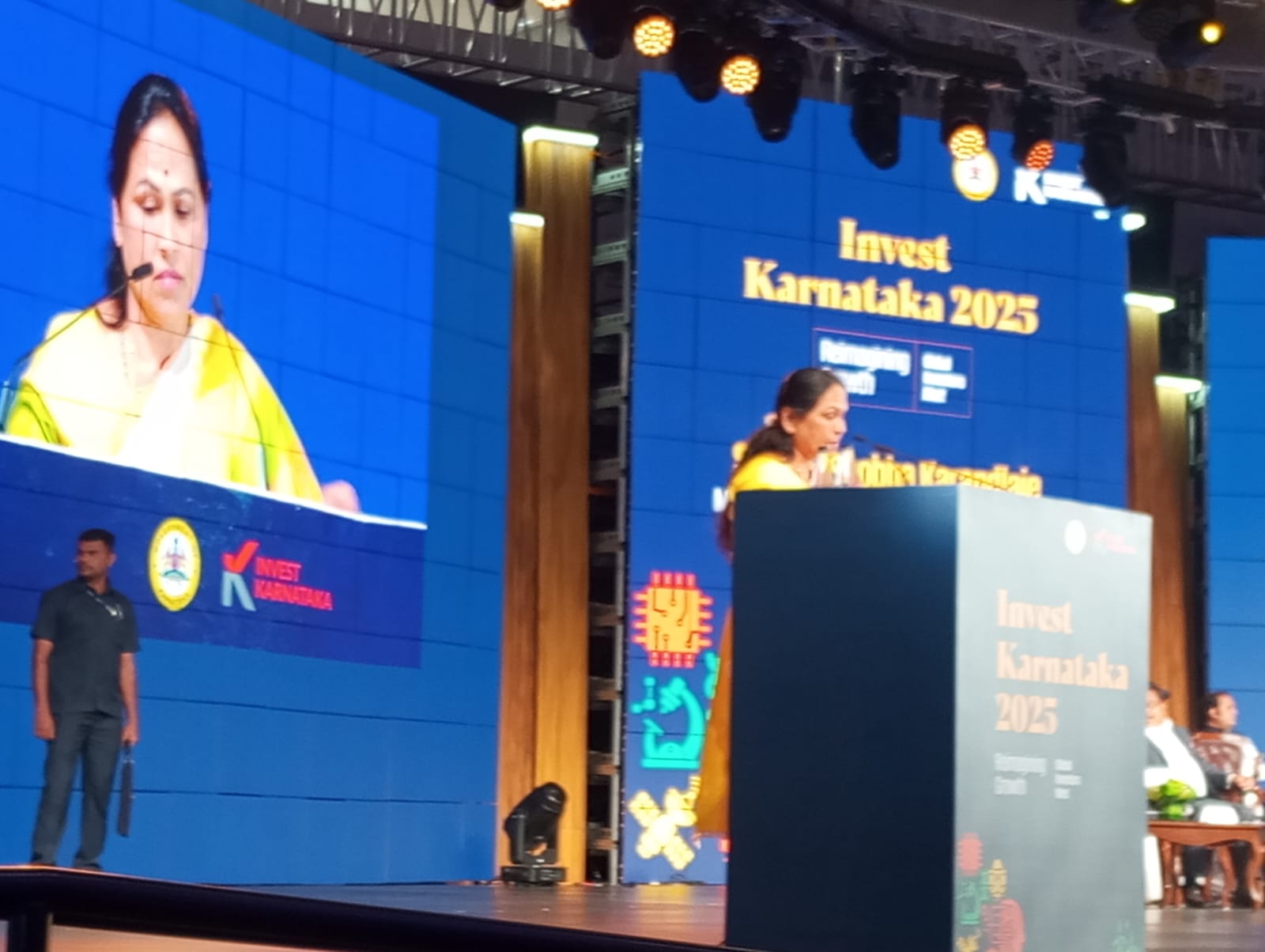The Union Minister for Finance and Corporate Affairs, Smt.Nirmala Sitharaman, has announced a big relief for the middle class during the recently held Union Budget 2025. The biggest benefit showered on the salaried class includes zero tax liability on income up to Rs 12.75 lakh with the new tax regime.
The new rate slabs of income tax for the salaried individuals are as follows:
| 0-4 lakh | 0 tax |
| 4-8 lakh | 5% (20,000) |
| 8-12 lakh | 10% (40,000) |
| 12-16 lakh | 15% (60,000) |
| 16-20 lakh | 20% (80,000) |
| 20-24 lakh | 25% (1,00,000) |
| Above 24 lakh | 30% (1,20,000) |
Union Budget 2025 is touted as the Bihar budget or Delhi budget. This holds good, given the govt’s focus on these states, ahead of the upcoming elections. BJP has pulled off a political masterstroke to win the middle class Indians amid a crumbling global economy.
Reuters reports Indians are losing hope of improved quality of life under Modi’s third regime as per a recent survey.
Objectives and Consequences of Reforms in Union Budget 2025
Job crisis and a weakened economy are apparently key factors driving the budget’s major shift towards the salaried middle class. The focus is to allow more spending power and increase middle class consumption.
Impact on Stock Market
Business Standard reports that Nifty is set for a fourth consecutive monthly fall for the first time in 23 years.
Core stocks are declining and gross borrowings are increasing and hence banking stocks are also decreasing. Railways stocks have also fallen below the norm. Rupee value has hit an all-time low of 86.65 against the dollar.
Impact on Corporate Business
Corporate business profitability has seen a jump of 22.3% in FY 2024. However, the wage growth of salaried individuals is increasing at 1.5% annually which is way below the rising inflation levels.
At the same time, GDP growth is reeling at a 4-year low of 6.4% as reported by The Indian Express citing Advanced Data.
Budget impact on the broader economy is the biggest concern as growth and investment are the key to help uplift GDP growth, international investment, savings, and the stock market in general.
There is the looming threat of an economic uncertainty in the coming year as market, jobs, and businesses are facing headwinds from an uncertain global economy.
Impact on Taxpayers
Taxpayers have filed Around 7.5 crore returns in the FY 2023-24. Out of these, 6.5 crore taxpayers had incomes of less than 12 lakh. So, 87% of taxpayers will have zero tax liability this year.
The government will be losing Rs 1 lakh crore as the direct consequence of introducing the new income tax structure with massive tax exemptions to the salaried class.
The idea is to enable the middle class to spend more, so that the businesses will generate more revenue through bigger produce and larger sales. Thereby, the wheels of the economy should run better or faster.
However, considering our country’s total private expenditure is around 150 lakh crores, the additional expense of Rs 1 lakh shouldn’t have much of an impact on the economy.
TDS Limit
TDS limit on rent goes up from 2.4 to 6 lakhs.
Also, TCS threshold in foreign exchange remittance shoots up from 7 lakhs to 10 lakhs.
Tax Deduction Limit
The deduction limit on interest income for senior citizens shoots up from the current Rs 50,000 to Rs 1 lakh.
Tax Relief on Housing Properties
Hereafter, taxpayers can annually claim 2 self-occupied properties without paying any property tax.
Short-term capital gains, Long-term capital gains, and ULIP withdrawals are now fully taxable.
Commodity Prices
Electronic commodities such as mobile phone, LCD, and LED TVs are now cheaper. Capital goods and components used in lithium-ion battery have custom duty exemptions, making them cheaper.
Cancer treatment drugs will sell cheaper with basic Custom Duty Exemptions . Similarly, raw materials used in ‘Make in India’ products get custom duty exemptions, including cobalt products, lead, zinc, scrap, and 12 more critical minerals.
The govt. has also extended the Shipbuilding exemption for raw materials for 10 more years.
Bihar Gets Massive Funding
Bihar took a major share of Nirmala Sitharaman’s infrastructure budget in the election year as she announced a Makhana Board in the state for productions and exports.
National Institute of Food Technology Entrepreneurship and Management (NIFTEM), and Greenfield airports under UDAN scheme were also announced for Bihar. Additionally, Western Kosi Canal project got a financial boost and expansion plans for IIT Patna took shape under Budget 2025.
Startups and MSMEs Get Priority
Addressing India’s futuristic vision, the FM has proposed Rs 10,000 crore funding for startups in India. The extension of benefits were announced under Section 80-IAC of the IT Act to eligible startups for the next five years ending April 1, 2030.
MSME investment limit is increased from Rs 1 Crore to Rs 2.5 Crore and turnover has been raised from Rs 5 Crore to Rs 10 Crore.

















Leave a Reply